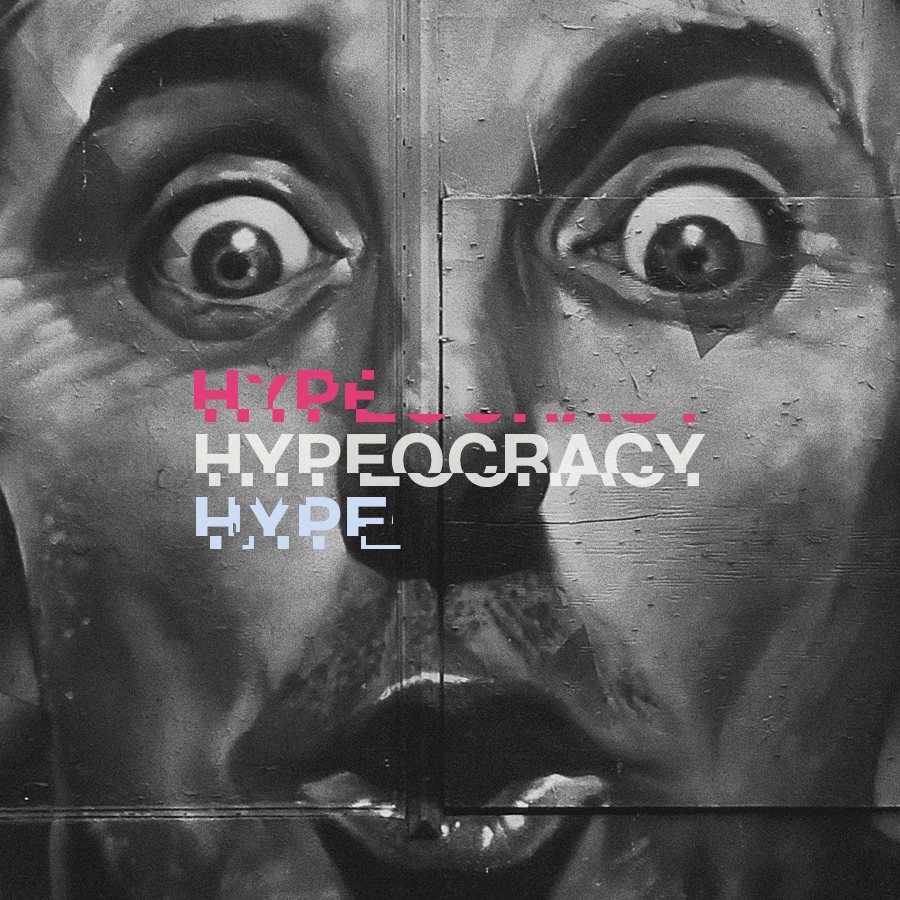Reason
Electronic tribalism is so attractive right now for the exact same reason it's so dangerous: it lets us stop thinking.
When we’re bombarded with information relentlessly, critical thinking is too slow and too much work to make sense of it all. So, as a survival mechanism, we throw away logic and reason and reach for faster, more holistic ways of understanding—like feelings, humour, slogans and imagery.
These are the same short cuts that advertisers and politicians use to bypass your frontal lobe; and now they've become the primary way that we all make sense of the world together.
We've started to deliberately short-circuit our own critical thinking in order to cope with the overwhelming amount of information on social media, and, as a result, ideas are now circulating through our culture with almost no intellectual resistance. But that's the point, resistance is a drag, it takes work.
When you adopt an ideology, you plug its ideas directly into your nervous system. In return, you get lightning fast ideological reflexes; your tribe's dogma gets baked directly into your perception of the world. You can see a photo or read a headline and know exactly how to respond without even thinking. And that's a relief because none of us really know what the hell's going on anymore. The flood of information we consume is full of contradictions, nonsense, and outright lies. Our view of the world is being shaped by algorithms with biases we can't see. And, the truth is, most of us are technologically and culturally illiterate anyway. That sounds harsh, but it's true.
In a chaotic, turbulent world, holding on tightly to an ideology gives you the illusion that you're on steady, familiar ground and in control.
Together, these two patterns—abandoning reason and contracting around an ideology—make a perfect recipe for radicalism and fundamentalism. Unfortunately, they're also perfectly sensible reactions to living in a world of hyper everything. It's a lot easier to get angry at a tweet than it is to think about it. And the faster you get through this tweet, the faster you can get on to the next one, and the next one.
It's tempting to look at the culture wars on Twitter and think that most people on social media "shouldn't be discussing issues, but re-learning the basic structure of a logical argument". [1] But that's like saying most people who are drowning shouldn't be flapping their arms, but re-learning the basic structure of the breast stroke.
We’re drowning in information. All of us. And when someone is drowning they don’t have the luxury of being reasonable. Actually people who are drowning can be quite dangerous. Lifeguards are taught to approach drowners from behind because if you swim towards them they'll often try to push you down under when you reach out a hand to help. That's something to keep in mind the next time you have the urge to reach out online with a handful of facts and logic thinking you're going to save someone who's clearly drowning in the Flood.

